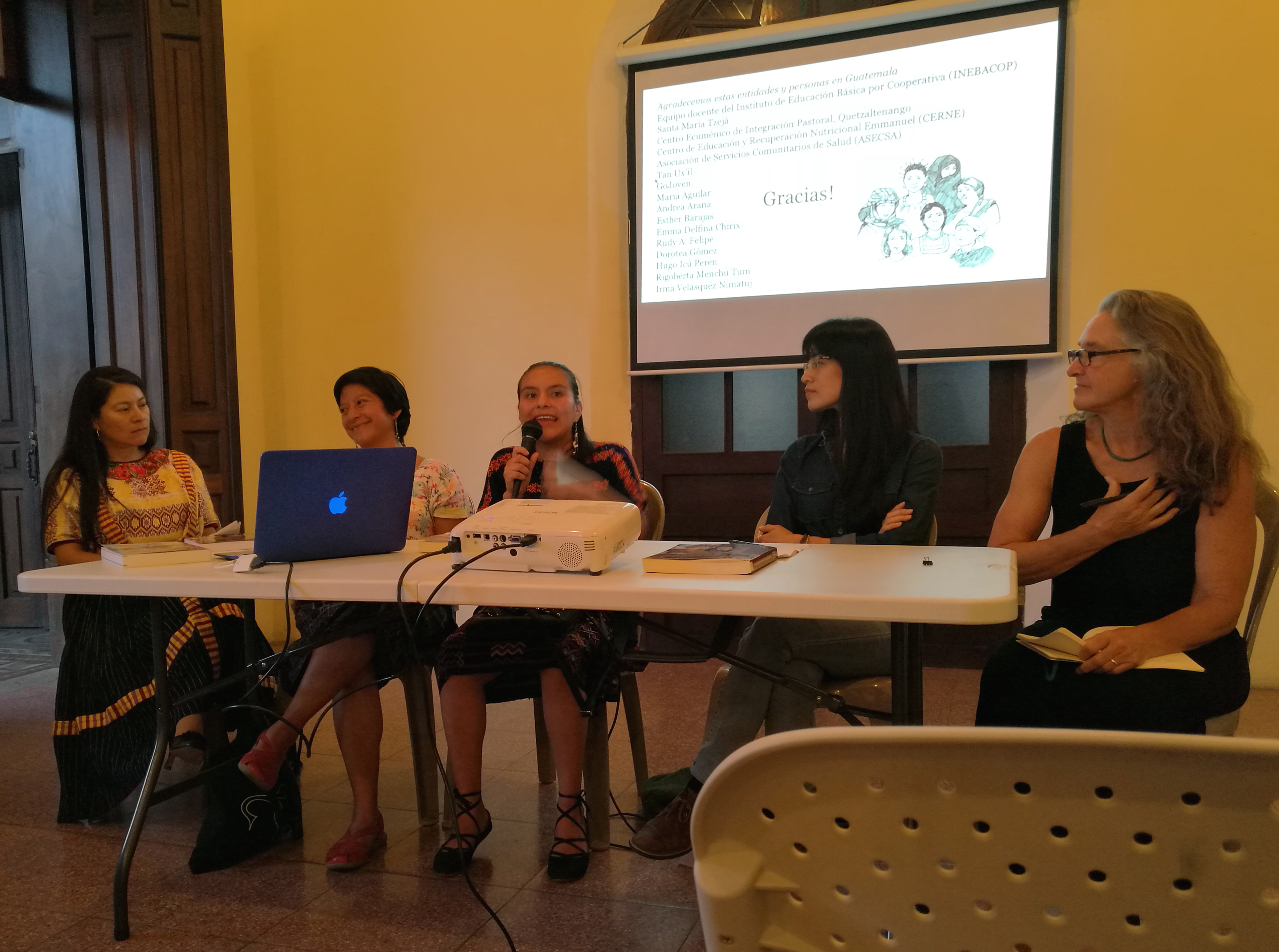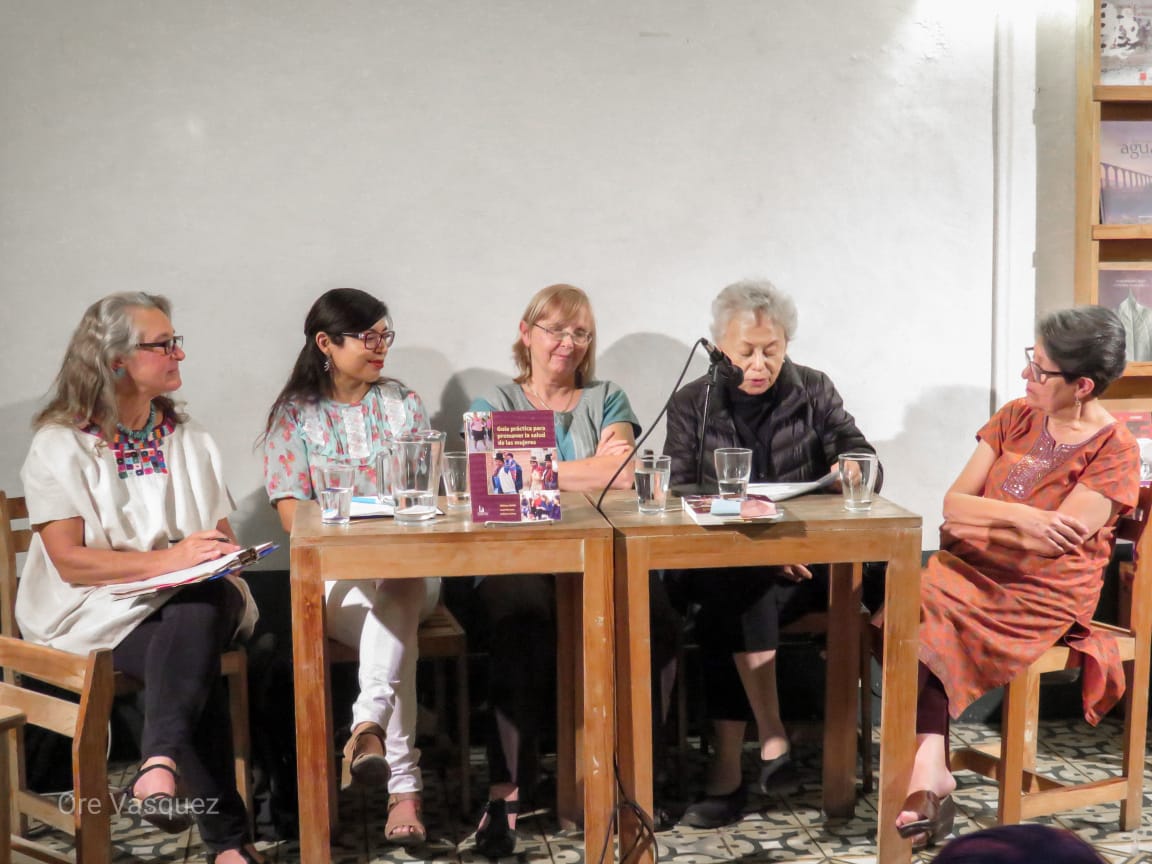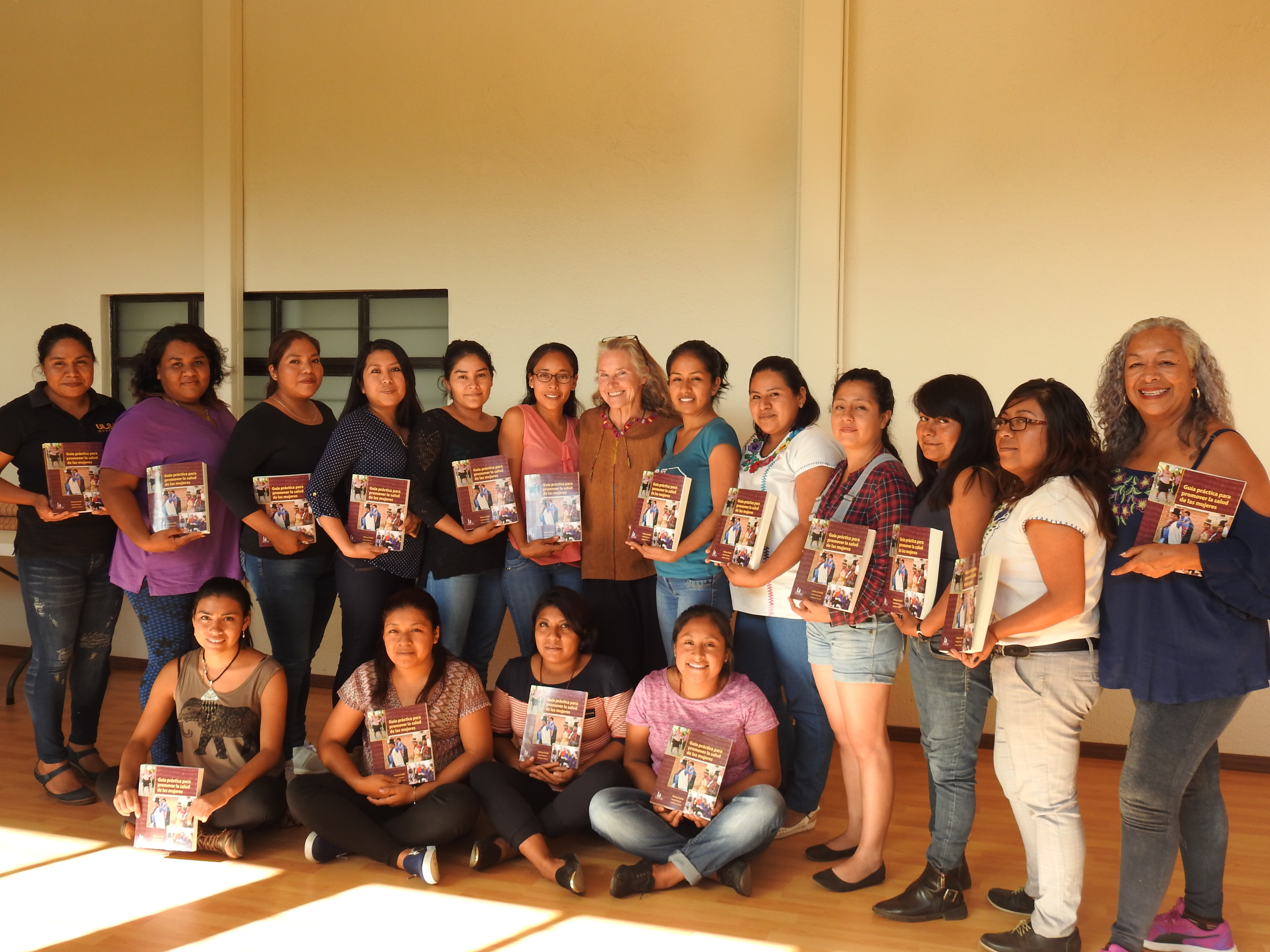In 1996, a group of midwives and community health workers in Guatemala identified the need for a resource supporting their movement for women’s health. Working with them was Melissa Smith, a family medicine physician, who now serves as deputy director and education and training lead for the UCGHI Women's Health, Gender and Empowerment Center of Expertise (WHGE COE) and is a contributing author for Hesperian Health Guides.
When the project received funding in 2007, Smith and a global team of educators, health workers, and activists gathered information on effective strategies for improving the health of women and girls. The team initiated a global, grassroots effort to develop and test interventions that “help women and men facilitate community discussions and action to educate, advocate and mobilize their communities for women’s health and rights,” said Smith. “Forty-one groups in 23 countries field-tested the activities, language and content to make sure it was adaptable in diverse local contexts,” she added.
In 2015 Hesperian published Health Actions for Women, a resource that includes effective training activities and rights-based strategies to help women and men counteract harmful gender relations, promote safe motherhood, improve access to family planning and end gender-based violence.
In the summer of 2018, Smith helped launch the Spanish language edition of the book in Guatemala and Mexico. “This adapted version of the book is the product of collaboration with grassroots groups in Latin America to ensure that it is fully accessible to communities throughout the region."
“I was thrilled to see the COE’s mission carried out through the launch of this resource,” said Smith, who also spoke in representation of the WHGE COE at these events. “Promoting justice and scientific advances that reduce gender and health inequities locally and globally through transdisciplinary, action-oriented and transformative approaches – the core mission of the COE – is present in every aspect of this project.”
More than 100 people came together in Guatemala City, including representatives of NGOs, activists and government entities working on gender equity and women’s health. Guatemala’s former minister of health, Lucrecia Hernández Mack, one of the speakers at the event, highlighted the book’s focus on the many unmet needs of people in Guatemala, such as how to discuss gender and sexuality in community settings and how to work collectively for change across sectors that often do not collaborate. Mack concluded her comments with a call to action for citizens’ in health advocacy efforts, and the importance of grassroots capacity building.

In Oaxaca City, about 60 activists, students, academics and health workers, filled the cultural space of La Jicara. The group heard from an impressive group of speakers, including Mayra Morales, an activist for sexual and reproductive health rights and indigenous women’s rights. “This book invites us to work together, to do this from new perspectives, involving other people – youth, men, the community – to make plans together with women, not for them, starting with what the women already know....to share tools that contribute to the training of women who will lead the struggles in their communities," said Morales.

The presence of multiple perspectives at both events indicates that Health Actions for Women will be a useful resource for those working to advance the health and rights of women and girls. “Physicians, academics, human rights leaders, government workers all said that this resource will support and strengthen collaborative efforts to advance health equity for women, and that is exactly our intention,” said Smith.
Using the Health Actions for Women book as a guide, Smith led a workshop for indigenous women leaders in Oaxaca following the book launch. Some of the participants were community representatives of the Secretaría de la Mujer Oaxaqueña (Secretariat of Oaxacan Women), a government organization that works to promote women’s rights throughout the state of Oaxaca.

“We received great feedback after the workshop. The strategies and exercises resonated with the women in the group and they are ready to apply the tools to their work,” said Smith.
Smith is eager to continue teaching with Health Actions for Women as she returns this fall to her work with the WHGE COE and to her home campus, UC Santa Barbara. She also plans to use the book in her global health course in Oaxaca next summer, sponsored by the UC Education Abroad Program.
